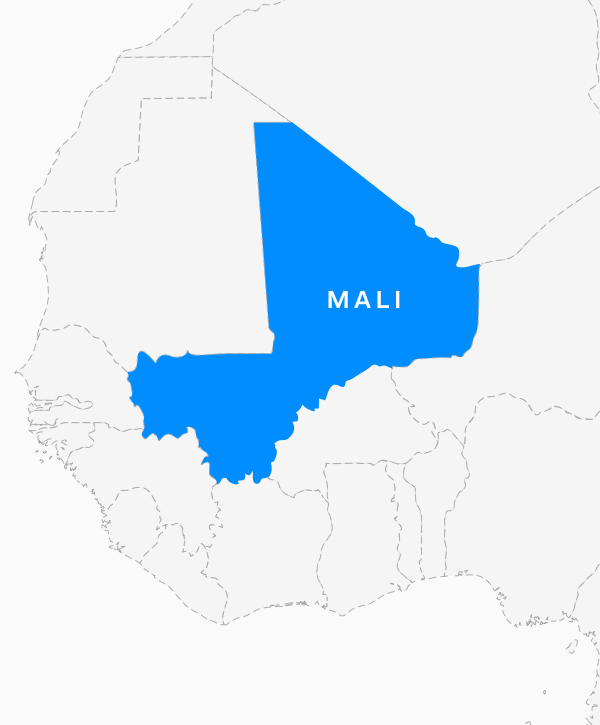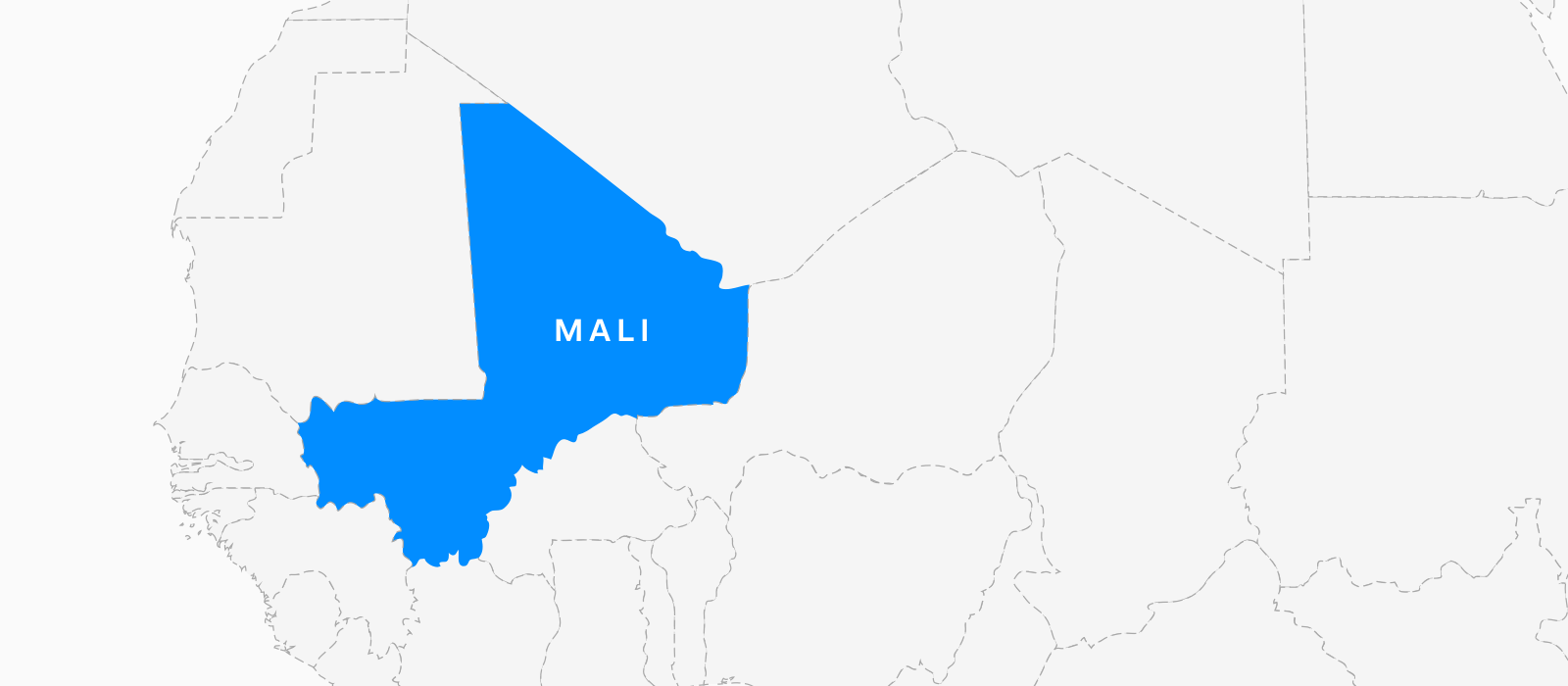The Biden Administration Should Not Return People to Danger. Designating Mali for TPS Will Save Lives and Keep Families Together.
The Biden Administration should immediately designate Mali for TPS and provide protection and stability to families and communities in the U.S. By doing so, the Administration can ensure that Malian nationals living in the United States are not deported to a country rife with conflict, where they will almost certainly face violent conflict, horrific human rights abuses, and even death. The U.S. Department of State recently issued the highest-level warning against travel to Mali due to persistent violence, threats of kidnapping, and attacks against civilians.
Congress created TPS in 1990 to provide protection from deportation and work authorization to individuals from designated countries that face unsafe conditions in their home countries due to armed conflict, natural disasters, or other extraordinary and temporary conditions. The program was created to provide a form of humanitarian relief in situations exactly like those currently taking place in Mali: to prevent individuals from having to return to countries where they face life-threatening armed conflict or other disasters. Members of Congress have repeatedly spoken out against the mass atrocities, ongoing violence, and political instability in Mali, while human rights advocates have called on the Biden Administration to designate TPS for Mali.
Providing TPS protections to individuals from Mali would also empower them to better contribute to their communities and the broader U.S. economy. Finding an estimate for the number of Mali nationals in the U.S. that could benefit from TPS is challenging. However, FWD.us research indicates that a combined 8,000 individuals from Mali and neighboring Mauritania, neighboring countries with some overlapping language groups that can be identified in the U.S. Census Bureau’s American Community Survey, are potentially TPS-eligible. Those in this combined group have, on average, lived in the U.S. for nine years, have contributed $230 million to the economy annually, and have a workforce participation rate of 73% providing essential services at a time of worker shortages and high inflation. TPS potentially-eligible individuals from Mali and Mauritania also live in households with 14,000 U.S. citizens. Designating TPS for Mali would keep thousands of American families together.
To date, the Biden Administration has successfully taken steps to extend TPS and Deferred Enforced Deportation (DED) protections for thousands of individuals from countries devastated by natural disaster, war, and other humanitarian and security crises. The Administration should expand on these successes and designate Mali for TPS. Doing so would align with the Administration’s goals of realizing a more humane, safe, and orderly immigration system, while keeping individuals and families safe and together.

